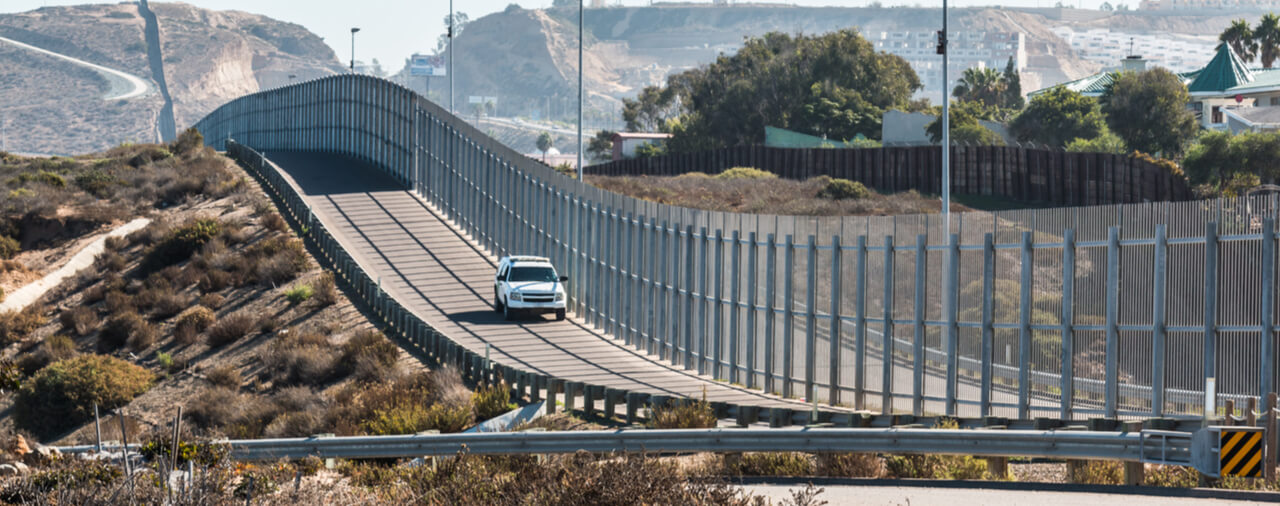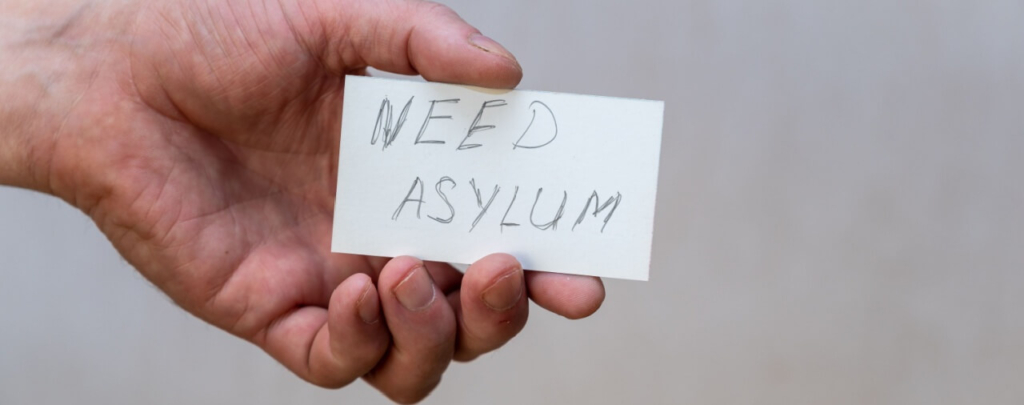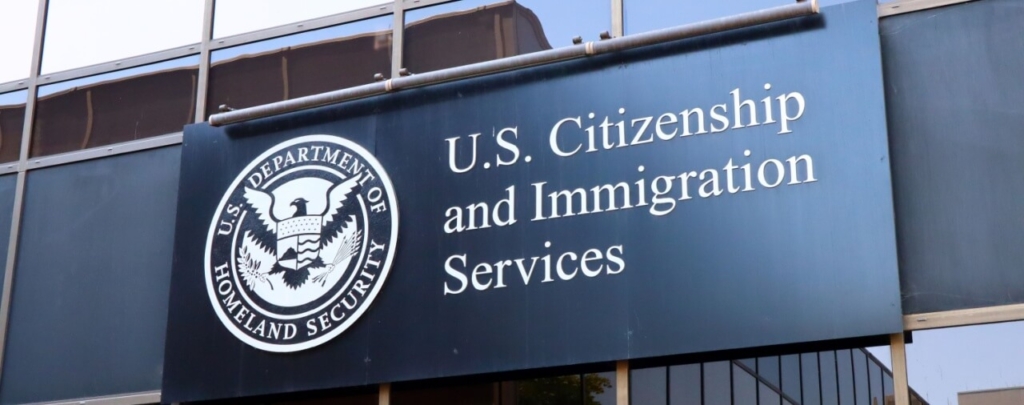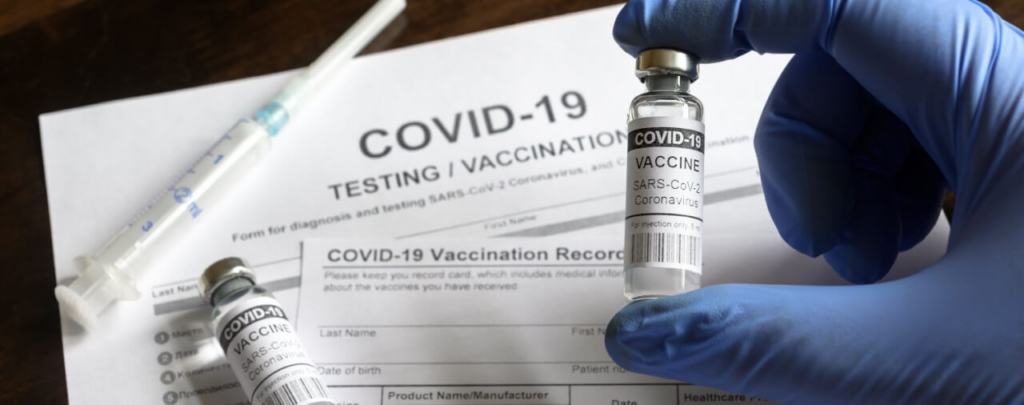Introduction
On May 2, 2018, the Department of Justice (DOJ) published a news release titled “Justice Department Announces Additional Prosecutors and Immigration Judges For Southwest Border Crisis” [PDF version]. The news release discusses U.S. Attorney General Jeff Sessons’ decision to send additional Assistant United States Attorneys (AUSAs) and immigration judges to locations along the Southwest Border to assist in the prosecution and processing of cases along border. In this post, we will discuss each component of this news release.
To read about the recent increase in illegal border crossings and inadmissibility determinations at ports of entry along the Southwest Border, please see our recent blog on the subject [see blog].
35 Assistant United States Attorneys Sent to Southwest Border
Attorney General Jeff Sessions has allocated 35 new AUSA positions to U.S. Attorney’s Offices along the Southwest Border. The number of positions allocated is as follows:
Southern District of Texas (8);
Southern District of California (8);
Western District of Texas (7);
District of Arizona (6); and
District of New Mexico (6).
These 35 AUSAs will assist in prosecuting cases under 8 U.S.C. 1326 (illegal reentry), 8 U.S.C. 1324 (alien smuggling), and 8 U.S.C. 1325 (improper entry). The decision to reallocate these AUSA positions was made in part to implement the DOJ’s new April 6, 2018 “Zero-Tolerance Policy” for bringing charges under 8 U.S.C. 1325 for illegal reentry. We discussed the new Zero-Tolerance Policy in a separate article [see article]. In addition, the AUSAs will help implement a prior directive issued by the Attorney General on April 11, 2017, to prioritize the prosecution of illegal reentry and alien smuggling offenses. We discussed this directive tangentially in our article on the new Zero Tolerance Policy.
It is important to remember that AUSAs are not involved in administrative immigration proceedings. Instead, they are tasked with bringing criminal charges, including in cases where an individual who violates an immigration law also violates a criminal provision. AUSAs prosecute cases in Federal district court.
18 Immigration Judges Sent to Southwest Border
Attorney General Jeff Sessions and Executive Office of Immigration Review (EOIR) Director James McHenry announced that 18 current supervisory immigration judges would be deployed to adjudicate cases in immigration courts near the southwest border. These immigration judges will both hear cases in-person and by using video teleconferencing (VTC). The addition of 18 immigration judges to these courts “represent[s] a roughly 50 percent increase in the current number of immigration judges…” The supervisory immigration judges will handle cases at the following immigration courts:
Arizona
Eloy Immigration Court;
Florence Immigration Court;
California
Adelanto Immigration Court;
Imperial Immigration Court;
Otay Mesa Immigration Court;
New Mexico
Otero Immigration Court;
Texas
El Paso Immigration Court;
Harlingen Immigration Court;
Pearsall Immigration Court; and
Port Isabel Immigration Court.
Director McHenry noted that the DOJ and EOIR have prioritized “tackling the overwhelming backlog in the immigration court system.” These immigration judges specifically will combat what Director McHenry described as “attempts to underline our lawful immigration system” along the Southwest Border. Specifically, the newly deployed immigration judges will be expected to help expeditiously process cases involving claims for asylum claims at the Southwest Border.
This is not the first time that Attorney General Sessions has endeavored to send more immigration judges to the border. We discussed his move to do so in 2017 along with questions about its effectiveness [see blog] and the DOJ’s determination that it had been a success [see blog].
These immigration judges only hear civil immigration cases. While the U.S. Customs and Border Protection (CBP) may refer a case to the DOJ for criminal prosecution if a criminal statute was violated, immigration judges are only involved with civil immigration matters.
Conclusion
There has been a general upward trend in recent months in illegal border crossings and inadmissibility findings along the Southwest Border.
The issue has gained publicity as of late due to news reports of a large caravan of individuals from Honduras moving through Mexico toward the United States, with some having already opted to seek asylum or illegally enter the United States. For example, President Donald Trump has tweeted extensively on the subject, notably on April 23, 2018:

Subsequent to President Trump’s Tweet, Secretary of Homeland Security Kirstjen Nielsen addressed the issue, stating unequivocally DHS’s commitment to enforcing the law and “protect[ing] our borders and our sovereignty” [PDF version]. Perhaps foreshadowing Attorney General Jeff Sessions’ announcement of additional personnel for the border, Nielsen stated over one week ago that “DHS, in partnership with DOJ, has taken a number of steps to ensure the necessary resources are in place to promptly adjudicate all cases and claims, through either our civil immigration system or through criminal prosecution, consistent with our laws.”
The moves by DOJ and DHS will allocate resources to the Southwest Border to deal with the uptick in cases in that area. Individuals facing immigration proceedings or seeking asylum or other forms of relief or protection should consult with an experienced immigration attorney for case-specific guidance. Those facing criminal charges may need to consult with an experienced criminal attorney as well for guidance on how to proceed in criminal court.





